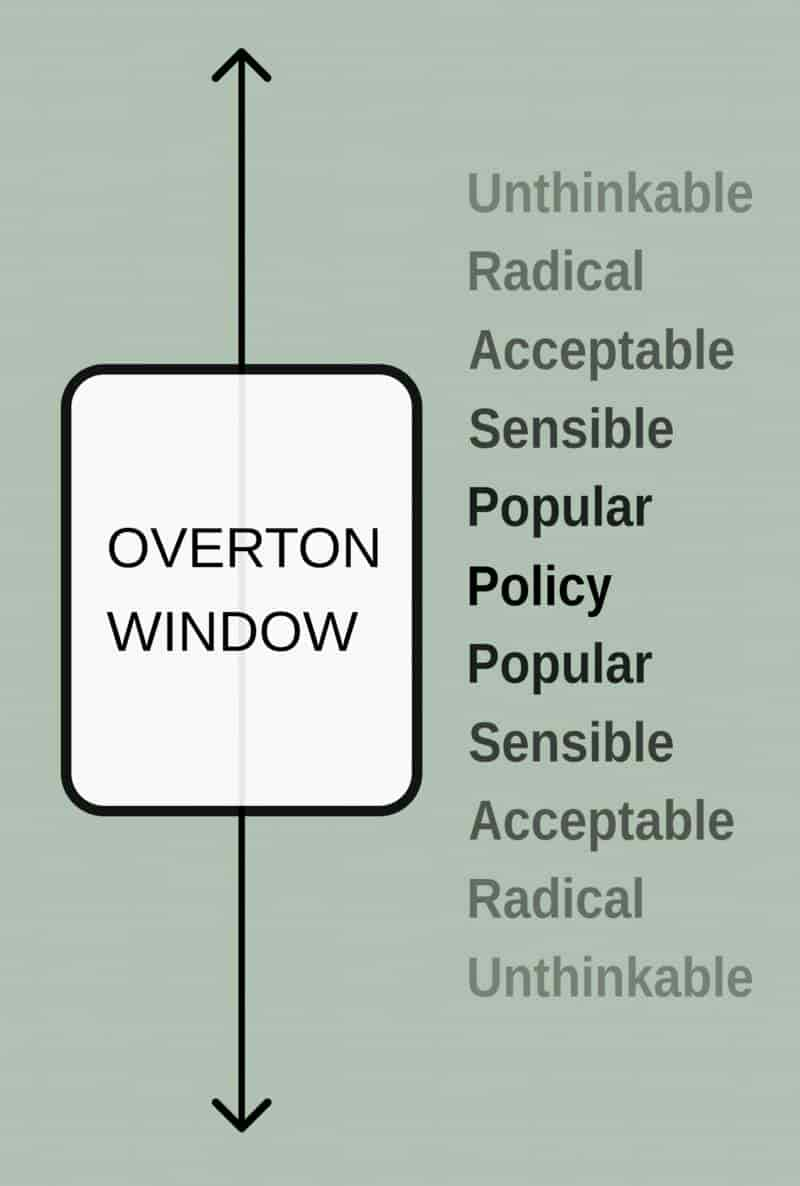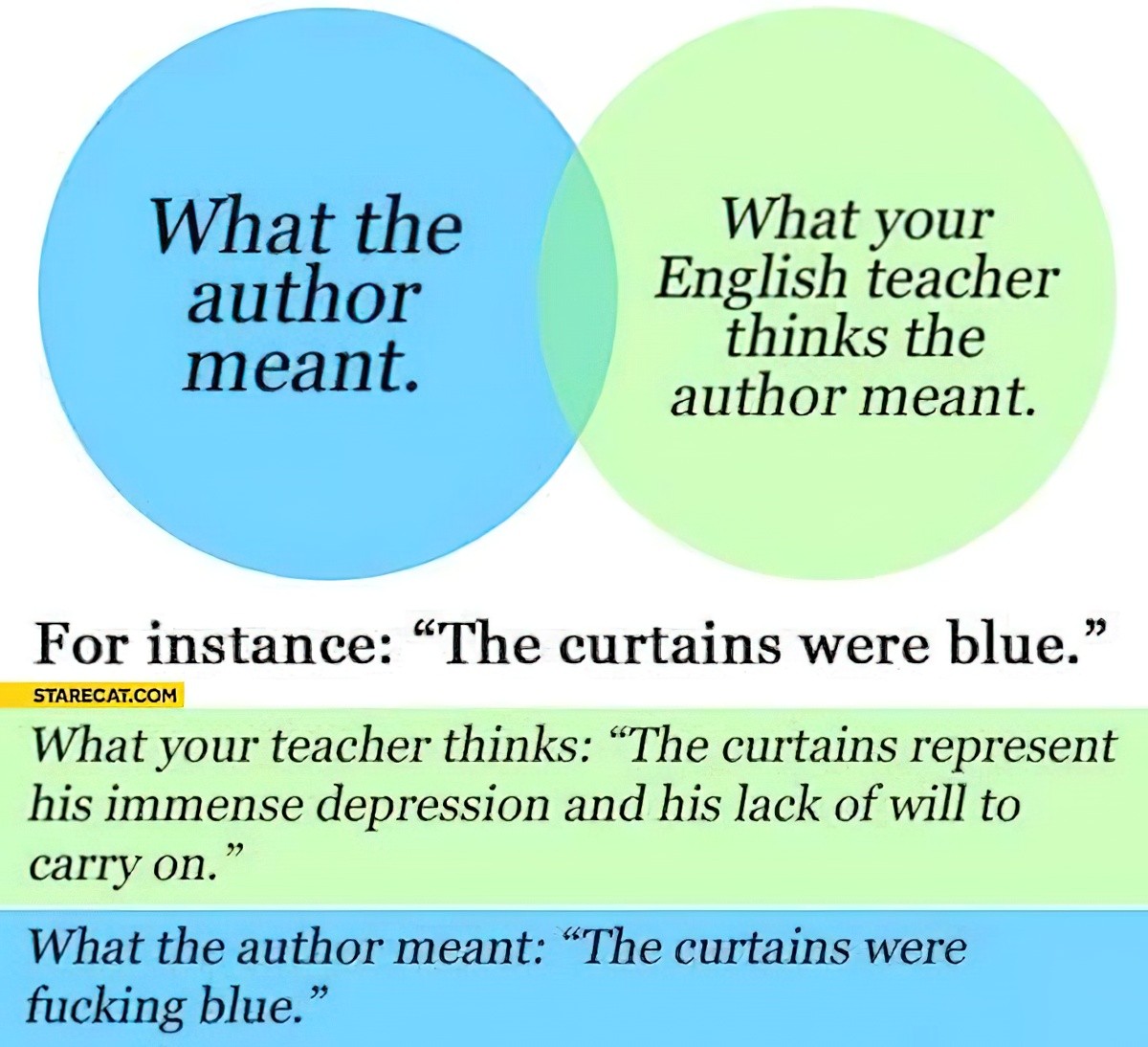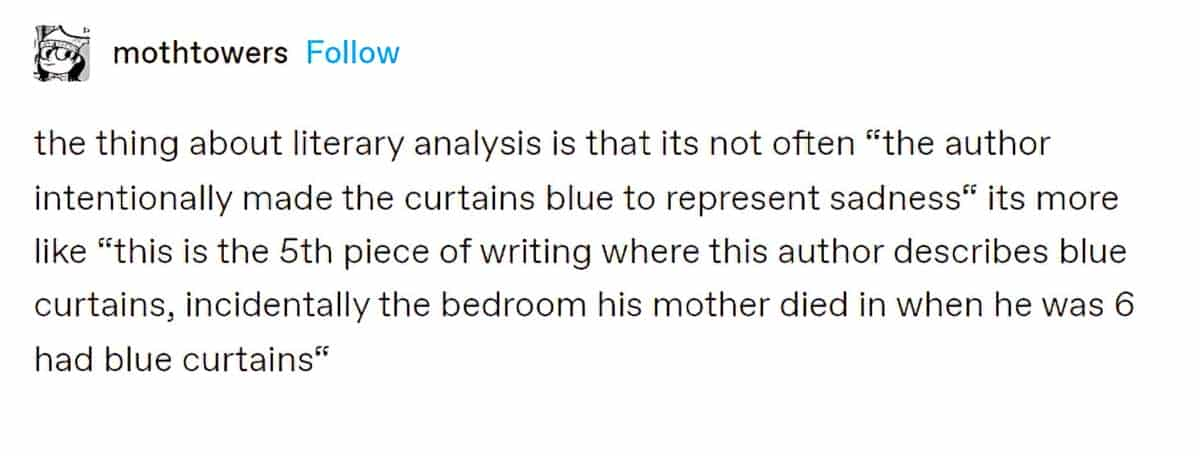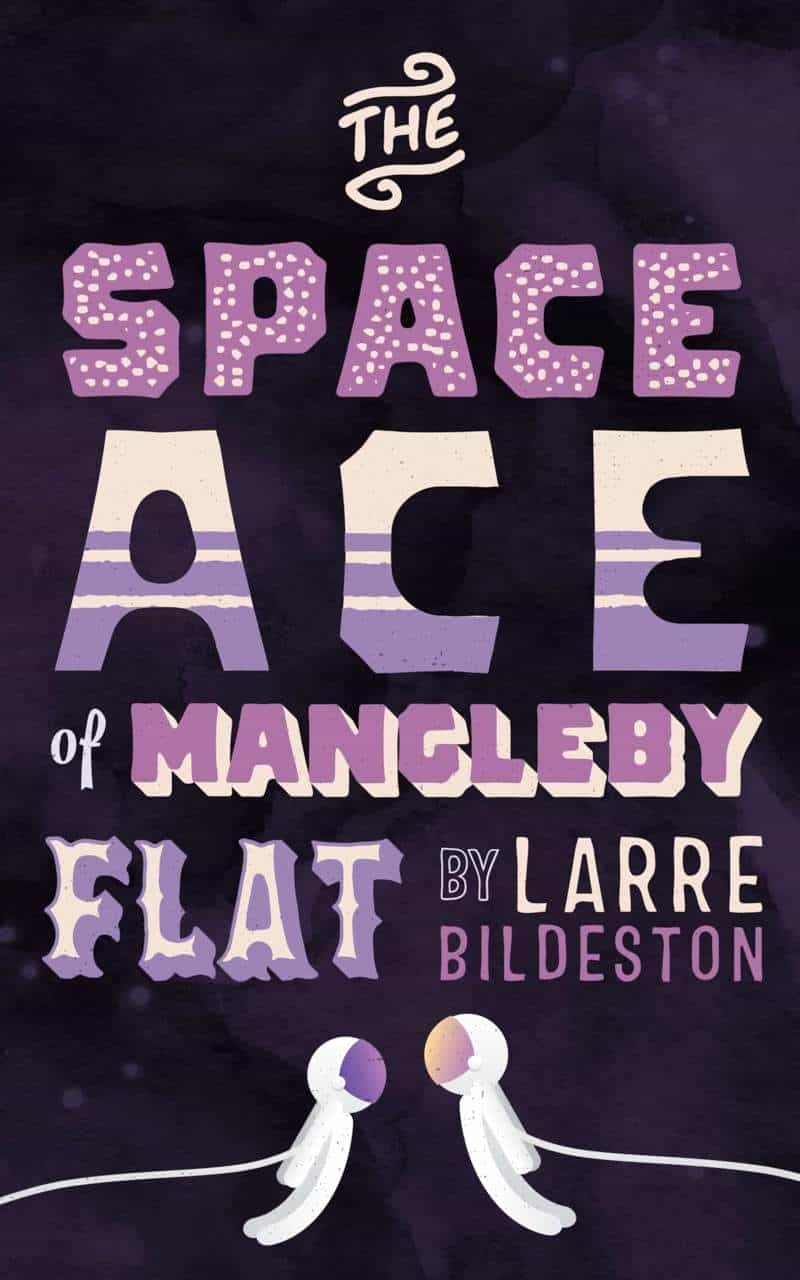As much as possible, I try to avoid talking about what the author intends by doing such-and-such in a work of literature. Today I’d like to clarify why I personally think this is not a helpful way to approach a text. I’m hardly the first to criticise this approach, though I suspect some of my reasons may be a bit different.
First, some terminology.
DEFINITION OF AUTHORIAL INTENT
A position that argues that the creator of a text possesses a privileged understanding of its meaning and that consequently any interpretation that contradicts this understanding must defer to the author’s intentions.
Oxford Reference
Authorial intention may not always be helpful in understanding the complexity of the resulting work and recreation of personal experience can subtly change its import in its final written form.
Stephen Edwards
AUDIENCE DETERMINISM
the notion that the last word rests with the readership
Oxford Reference
Before social media, the author could not answer back, so whatever got published was interpreted by the audience and that was that.
WORD OF GOD
The world of fan fiction has come up with the inverse to audience determinism: Word of God.
In the phrase ‘word of god’, ‘god’ equals the author. Sometimes in interviews and so on, an author reveals an interpretation of their story which isn’t clear on the page.
For example, the fandom might be interpreting a character as queer, though the queerness is not explicit in the book. But then, years after publication, when queerness is more socially acceptable, the author says, “Oh yes, such-and-such character is definitely gay, that’s how I wrote him.”
This actually happened to an uber- bestselling series of children’s literature. Fans read a character as gay; the author saw that she would be praised rather than criticised for including queer representation in her work, so she confirmed what was never likely her intent at all. Why did she say this? Because the series remained popular for decades. During that time, the window of discourse, also known as the Overton Window had shifted.


Let’s remain skeptical of the author’s so-called intention in this case. Personalities aside, we are not very good at remembering why we did something in the past. In contrast, we are pretty darn good at revising history to suit current personal narratives about ourselves. People who were outright homophobes in the 1980s frequently forget their former bigotry, uncritically bobbing along in whatever ideas are popular and personally advantageous at any given time.
So even when an author gives a Word of God interpretation of a text, we still shouldn’t take them at face value, especially in cases where the Overton Window is in flux.
INTENTIONAL FALLACY
What is a fallacy? (tl;dr: faulty logic)
the common assumption that an author’s declared or assumed intention in writing a work is a proper basis for deciding upon the work’s meaning or value
Oxford Reference

THE BLUE CURTAINS MEME
You may have seen the graphic below. Pretty sure every English teacher has seen it. It is very annoying.

The room he brought her to was as it had been when he’d taken her to it before, the pictures on its walls, the bronzes on the mantelpiece, the long blue curtains. The piano was open, as if someone had been playing it, music propped up. … Mr Ravenswood stood by the window, the light behind him, the blue of the curtains harsh where the sunshine fell on them.
Taking Mr Ravenswood, William Trevor
What did William Trevor mean by the ‘blue’ curtains? In this case, a more fruitful discussion may result from different types of detail. Some details are ‘telling’, others help (phantasic) readers visualise a scene. Better to ask instead what the detail is doing rather than what William Trevor meant.

“What the author meant” is a problematic question because it feeds into the (neurotypical) fallacy that it is possible to know what someone else is thinking, in this case an author.
Neurotypical adults regularly overestimate how well they can read another person’s mind. This is not a privilege shared by Autistic adults, who see the world differently and, being a minority, must learn strategies such as asking for confirmation and clarification. Because of this empathy gap between neurotypes, by middle age, Autistic adults are typically better at ‘mind reading’ than so-called neurotypicals are.
When the writer (or the artist in general) says he has worked without giving any thought to the rules of the process, he simply means he was working without realizing he knew the rules.
Umberto Eco, Postscript to the Name of the Rose
YOU’RE PROBABLY WORSE AT MIND-READING THAN YOU THINK
For more on “mind-reading” (not a thing), I recommend the Mind Reading 2.0: Why did you do that? episode of Hidden Brain podcast published 1 Feb 2022.
As we go through life, we’re constantly trying to figure out what other people are thinking and feeling. Psychologist Liane Young says this ability to assess other people’s thoughts is an extraordinary feat of cognition. But this mental superpower can sometimes lead us astray. This week, we kick off a new series exploring how we understand — or fail to understand — the minds of other people.
Mind Reading 2.0: Why did you do that?
CREATIVITY DOESN’T WORK LIKE THAT
Assumption about intention also misrepresents how creativity works. Creators of art are not necessarily cognizant of everything they are doing at the time. Some artists are far more aware of the cultural impact of their work, and where it sits, than others. Margaret Atwood is an example of an author who has a very keen awareness of where her own work comes from and where it sits in relation to other work.
“I don’t understand this at all, dear, so it must be good.”
Margaret Atwood’s English teacher when Margaret showed her a poem she’d written
Did J.R.R. Tolkien have a handle on everything he achieved in Lord of the Rings? Perhaps not. Tolkien outright rejected the idea that The Lord of the Rings had a single thing to do with the fact that he was living through world war. “What did Tolkien mean to convey about world events when creating the setting for LoTR?” is therefore not a useful question. We can word that question another way to get to the same discussion, though: “How did the life and times of Tolkien influence LoTR?”
We can’t know what’s in an artist’s head at time of creation, which leads to this pop-dismissal of English literature as a valuable field of study.
Sometimes, we talk about novels as though writers have the ultimate answer but I think that’s rarely true. I get so many questions from readers—I interpret it this way, is that right? And I know it sounds facetious, but I tell them: I don’t actually know. Sure, I have some theories myself—though they often change—but after I write this thing, I’m just another reader.
Reif Larsen, American author, known for The Selected Works of T.S. Spivet
Does it matter if discussions about literary works misrepresent creativity? I think it does, not least because we should assume everyone engaged in discussions is themselves a creative person. And creative people are very much helped by understanding how creativity tends to work, and also how it doesn’t work.
It does not help a young beginner writer to believe they must understand the themes of their story before they put pen to paper. Although many writers do start with a designing principle of some kind, theme most often emerges as they write. Likewise, literary techniques such as foreshadowing can only be added in revision.
Artists absolutely do things on purpose. It would be baffling to say otherwise, since every single thing on the page (or canvas) is, at some level, a deliberate decision. The author began with a blank page, after all. At some point in a revision process we can assume the author helped themes and imagery cohere into a whole.
But let’s not forget the empathy gap which will always exist between yourself an an author. Put two people in a room and there is always an empathy gap. The empathy gap grows wider when those people lived in different eras, in different countries, and inhabit different bodies. Intent does not equal effect.
STORY IS ALWAYS A COLLABORATION
What can you say about your own work? You don’t really think about why you write a story. You write it, you hope it works, it’s finished. Somebody else can see far better than you can, what it is you’re trying to say.
Alice Munro, in a letter to Audrey Coffin, quoted in Thacker 2011, Alice Munro: Writing Her Lives: A Biography)
Postmodernism hammered this point home, but really, any story is a collaboration between a storyteller and their audience. Authors generally expect an audience to contribute their own meaning, and even when authors don’t have any such expectation, audiences always bring their own various experiences to a work anyhow.
This is not advocacy for invisibilization of the author. The author’s biography and era absolutely have an effect on output and lead to interesting discussions about literature.
AUTHORIAL INTENT AND RELIGIOUS TEXTS
It’s one thing to consider the relatively trivial issue around author intent of a novel or play. It’s quite another thing to discuss the authorial intentions of religious texts. Stakes are very high.
Who better to have thought about the nuances of this thorny issue than the author of Autism and the Church: Bible, Theology, and Community (published by Baylor University Press)? As mentioned above, people who think a lot about autism tend to think quite deeply and analytically about empathy, as well:
We just need to be careful. I wouldn’t want to suggest that the mood of any scripture is confined to what the author intended. Meaning is always generated as readers approach it. Meanings have a way of growing and developing.
But I think if what we’re saying cuts across what an author might have intended then we will, I think, sometimes put ourselves in a difficult position, particularly if we’re talking to other people, for whom the author’s intent might be significant. I’m not saying we can’t do it. But we need to be quite careful in how we approach these materials, and just be sensitive to the fact that the authors aren’t necessarily seeking to give us access to what we’re interested in.
Autism and the Church with Professor Grant Macaskill, The Two Cities podcast

